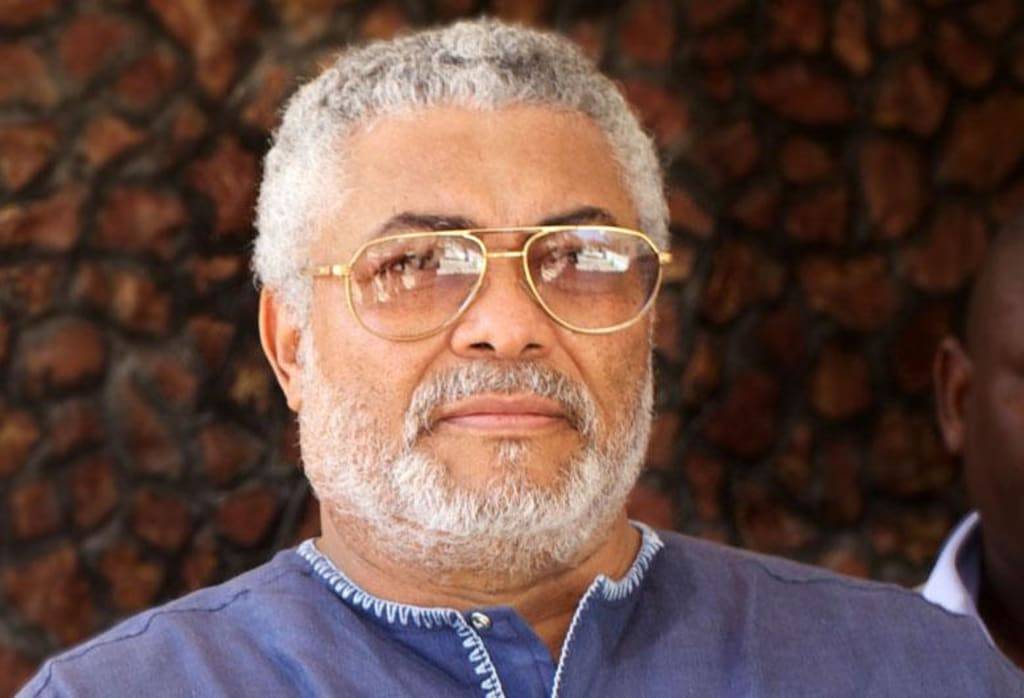Jerry John Rawlings, who rose from obscurity to become one of Ghana's longest-serving and most influential heads of state, lived a remarkable life. Born in 1947 to a Scottish father and Ghanaian mother, Rawlings grew up in Accra and attended the prestigious Achimota School. From a young age, he dreamed of becoming a pilot. After graduating in 1969, he joined the Ghana Air Force and quickly distinguished himself as an outstanding pilot.
In 1979, Rawlings and other junior officers staged a failed coup against Ghana's military government. They were arrested and Rawlings was sentenced to death. His charismatic speech at the trial, lamenting the corruption and economic mismanagement that had impoverished Ghana, turned him into a folk hero overnight. A group of soldiers broke Rawlings out of jail and launched a successful coup on June 4th, 1979. Rawlings became Ghana's new leader as head of the Armed Forces Revolutionary Council.
The young and idealistic Rawlings set about trying to transform Ghana and fulfil the broken promises of independence. His government cracked down on corruption and profiteering, jailing officials guilty of abusing their office. The AFRC carried out impromptu public executions of several senior military officers accused of misrule. While controversial, these actions endeared Rawlings to a Ghanaian public tired of rampant graft and economic stagnation.
After handing over power to an elected civilian government in 1979, Rawlings grew dissatisfied with the pace of change. In 1981, he staged another coup and took back control of Ghana as head of the Provisional National Defence Council. For the next decade, Rawlings ruled Ghana as a military leader, pursuing populist economic policies like decentralized local governance and public works projects.
By the early 1990s, Rawlings transitioned Ghana to multiparty democracy, legalizing opposition parties and standing for election. He won Ghana's 1992 and 1996 elections, transferring power smoothly when his term limits ended in 2001. Rawlings' two decades in power were pivotal for modern Ghana, restoring a measure of political stability and transforming the economy. When Rawlings entered office, Ghana was crippled by debt, inflation, and shortages. When he left, it was on course to become a lower middle income country.
Central to Rawlings' political appeal was his unique charisma and connection to the masses. The son of a Scottish immigrant and native Ghanaian woman, Rawlings in many ways embodied the spirit of post-independence Ghana. His passion, blunt speaking style and willingness to mingle with ordinary people endeared him to the public. Ghanaians fondly called him "J.J." At the same time, his authoritarian tendencies and intolerance of dissent drew criticism from political opponents and Western governments.
Rawlings was a socialist and anti-imperialist at heart, distrustful of free market capitalism and liberal democracy. But he was also a pragmatist, coming to realize that doctrinaire socialism could not solve Ghana's woes. As president, he implemented free market reforms like privatization and opening Ghana up to foreign investment. Critics alleged Rawlings said one thing and did another, ruthlessly consolidating his power while guiding Ghana's transition to democratic rule and markets.
Rawlings' legacy remains a complex and controversial one. His personality cult and strongman rule left some democratic institutions weak. But he is still revered by ordinary Ghanaians for giving them a political voice and working to improve their livelihoods. The institutions Rawlings built and policies he pursued continue to shape modern Ghana. For all his flaws, Jerry Rawlings' passion and pragmatism helped transform his country from an impoverished military dictatorship to one of Africa's most stable and prosperous democracies. His improbable journey from revolutionary soldier to president encapsulates Ghana's post-independence struggle to achieve economic and political progress.



No comments yet
Be the first to share your thoughts!